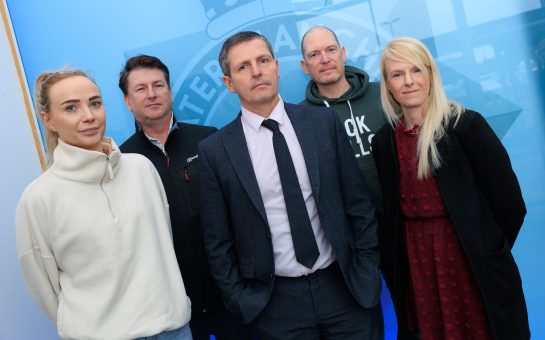With news that the drink driving limit in Scotland is to be lowered, it’s almost inevitable that the same changes will eventually be brought to England.
Before this happens however there will be a new offence introduced into English Law on March 2 2015 of drug driving. But what exactly is the law against drug driving?
MM have teamed up with Olliers Solicitors, a leading criminal law firm based in Manchester, to find out.
‘Drug Driving’ is a term that has been getting thrown around now for a few years and there has slowly been more and more measures to formally introduce the offence.
You may remember the specific TV campaigns that saw motorists driving around with huge eyes being stopped by police. Devices to test for drugs have been in development for years but there is now formal confirmation that the government is ready to introduce this offence.
The offence itself is quite a mouthful and is defined as: “Driving with certain specified controlled drugs in excess of specified levels in the body.”
Whilst strictly speaking this is a new offence, it is similar to the existing offence of ‘driving whilst unfit through drugs’ and the rules on impaired driving and a motorists fitness to drive will remain unchanged.
Whilst a new motoring offence obviously has a direct impact on motorists who may commit it, this offence also adds additional responsibilities to healthcare professionals and it is crucial that those who prescribe drugs fully understand the offence and convey this to patients. The For full guidance on the above – please visit the Department of Transport provides full guidance on what Health Care Professionals will be expected to know but it can be summarised as:
1. What the offence relates to
2. How motorists will be tested
3. Whether there is any defence to the allegation
4. The impact the new offence will have on patients
The latter two points above are particularly interesting as any motorists who have taken their medication in accordance with their prescription who are found to have too much in their blood are entitled to raise a statutory ‘medical defence’.
In order to do this the drug must have been lawfully prescribed or bought over-the-counter and it must have been taken in accordance with any advice given by the prescriber and any instructions that came with the medication. Therefore if you take too much of the medication than what has been advised, the medical defence will not be available.
Medication that may produce controlled drugs above specified levels have been categorised into two groups.
The ‘zero tolerance’ group includes drugs such as cocaine, cannabis and MDMA etc whilst the secondary group (for which the limits are a little higher) include (but is not limited to) many prescribed medications such as diazepam, temazepam, and morphine.
Information on particular medicines affected by the new legislation can be found in the Summary of Product Characteristics for that medicine.
If an allegation is made and the police have evidence of impaired driving due to drugs (whether prescribed or otherwise) they can prosecute under the existing legislation of s.4 of the Road Traffic
Act which defines ‘driving whilst unfit through drink or drugs’. There is no ‘medical defence’ for this allegation. Doctor’s will need to be particularly aware of this as it is the prescriber and suppliers of medication who need to provide the appropriate advice regarding the risks that come with it (side effects etc).
Image courtesy of Lee Morley, with thanks.



